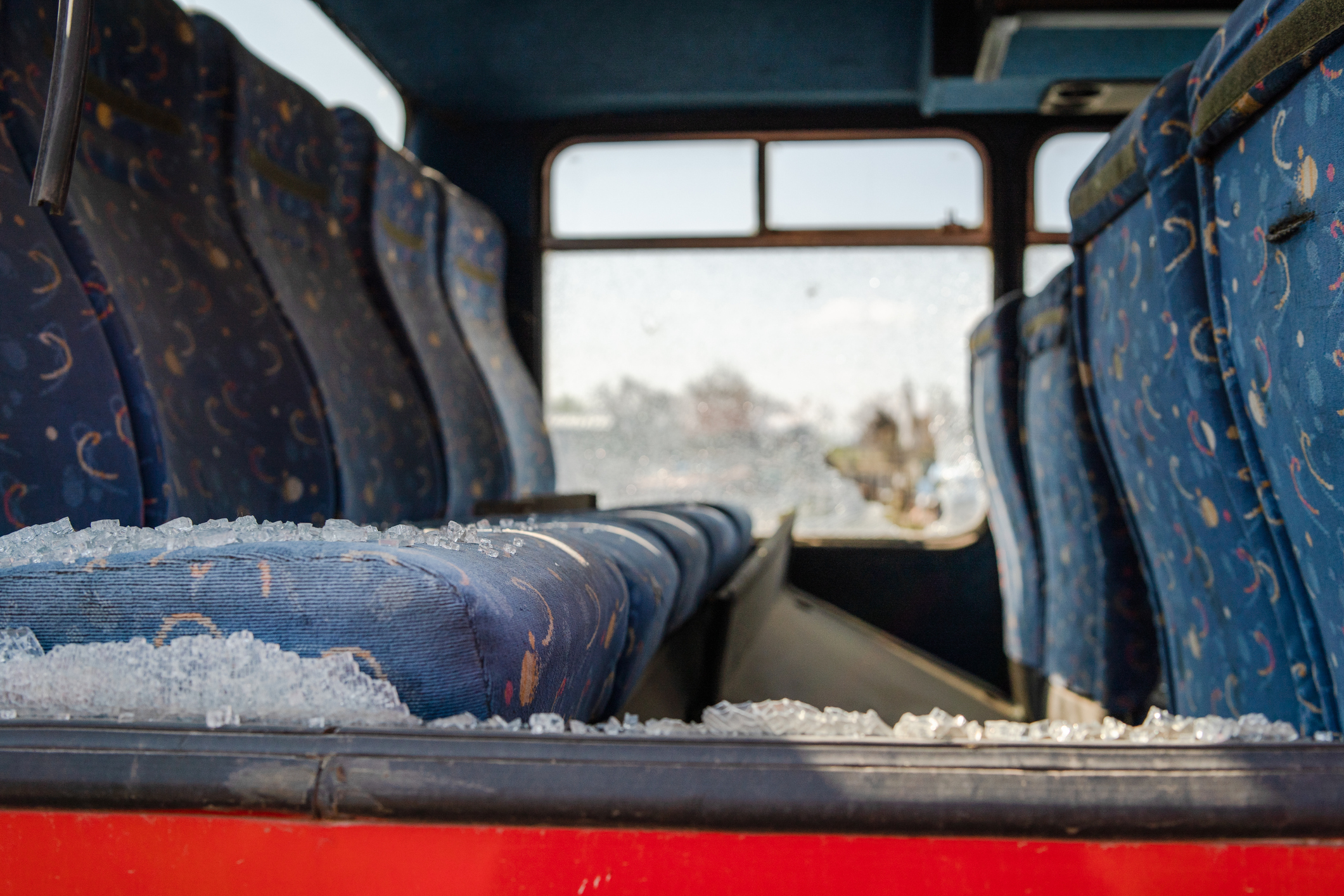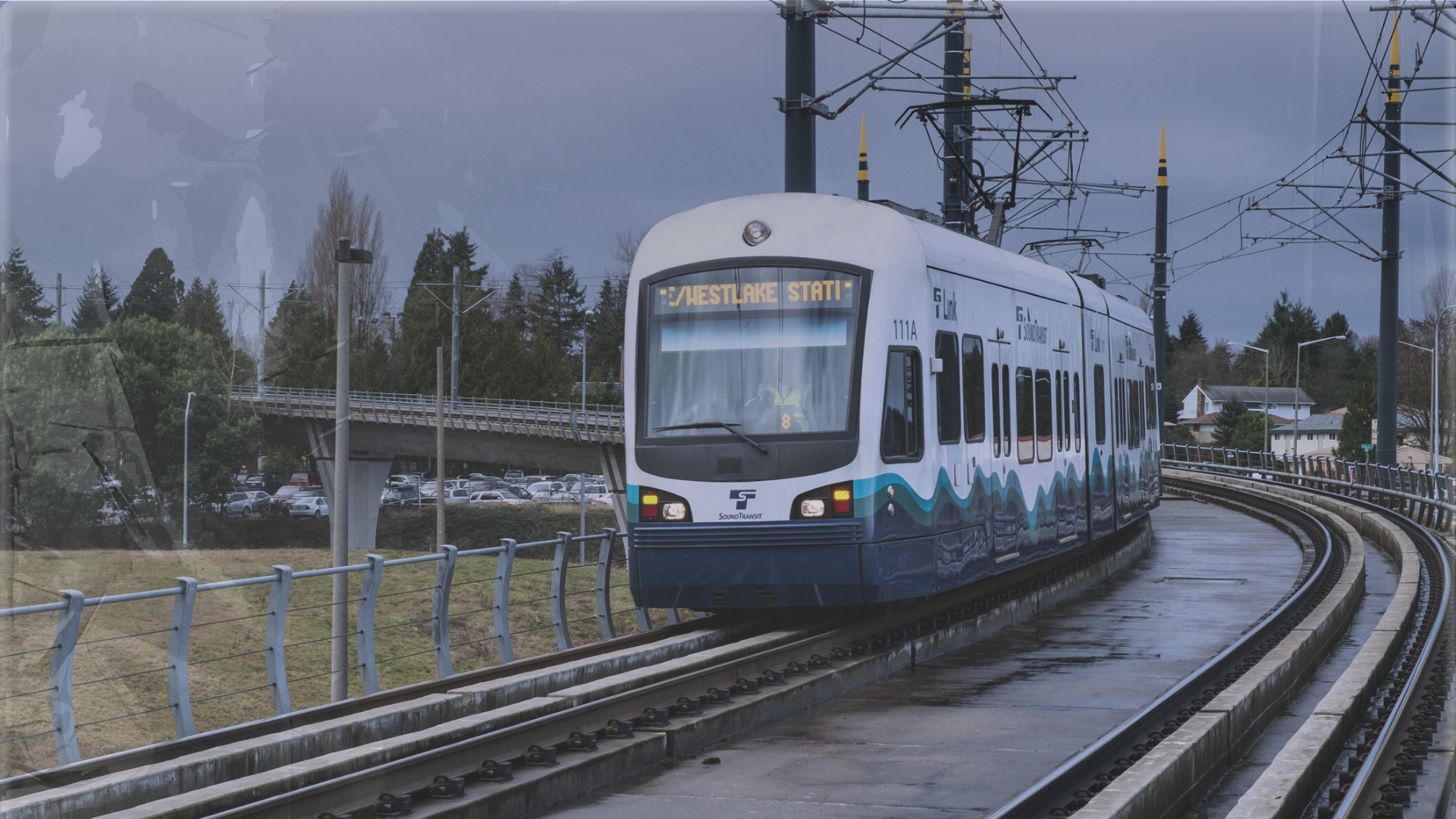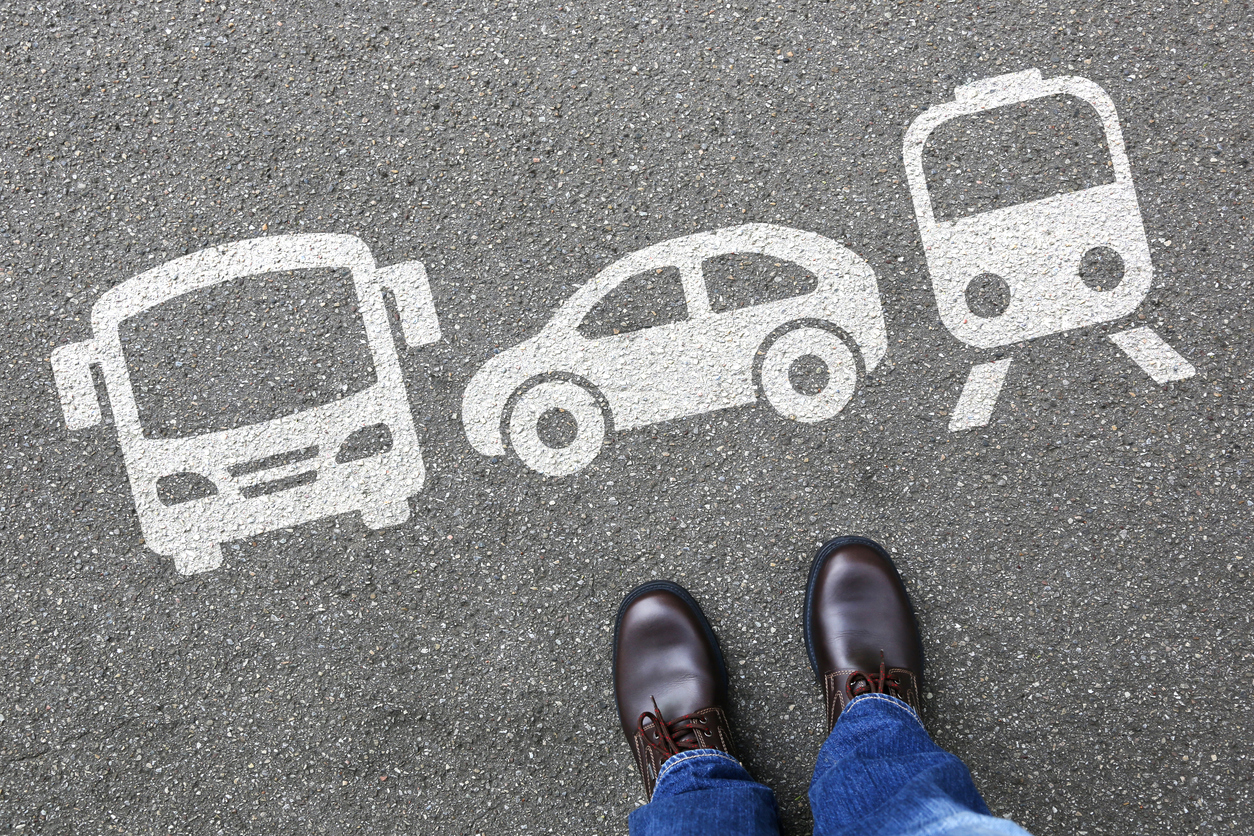At a press conference yesterday, Governor Jay Inslee said he is open to reforming the car tab system, but only if the tax cut can be replaced with an offsetting tax increase. Initiative 976, which attempted to reduce car tab taxes, was overturned by the state Supreme Court last week despite statewide voter approval of the measure in 2019.
Reporter Jerry Cornfield from the Everett Herald asked the question – pointing out that the “majority of voters do want vehicle registration fees set at $30…regardless of whether they live in the Sound Transit area or not.”
Inslee called Initiative 976 a “con job” but acknowledged people’s frustration. He went on to say he is “open to reforming the car tab system” but wants that done “in combination with a way to replace funds that would otherwise make it impossible for us to keep our bridges from falling in the rivers and potholes taking over I-5 and keeping our buses ready.”
The people, who are supposed to be in charge, do not want to pay high car tabs and have said so repeatedly - yet no one in government will allow their will to be enacted - at least not without strings attached.
The Governor’s suggestion that there be a financial backfill to car tab relief reminds me of legislation proposed by Democrats in previous years that attempted to fix the outdated vehicle depreciation schedule in state law that inflates vehicle values – but provided financial offsets to Sound Transit and ensured taxpayers do not receive any retroactive refunds for car tab tax overcharges already paid.
I can only speculate what offsetting taxes the Governor has in mind, but there may be some hints in the Governor’s listed revenue options for a transportation revenue package in 2021, discovered through public disclosure in August:

Some of the Governor’s preferred taxes overlap with those being considered by the Joint Transportation Committee and House Democrats during recent virtual listening sessions with stakeholders:







